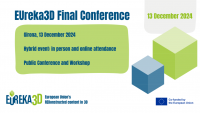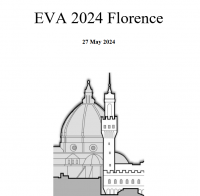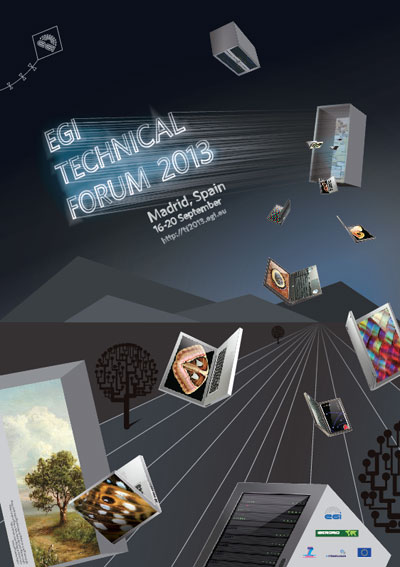 The EGI Technical Forum 2013 took place from 16 to 20 September in Madrid at the Meliá-Castilla Hotel & Convention Centre. The event was being organised with the support of the Ministry of Economy and Competitiveness of Spain, the Spanish National Research Council and Red IRIS.
The EGI Technical Forum 2013 took place from 16 to 20 September in Madrid at the Meliá-Castilla Hotel & Convention Centre. The event was being organised with the support of the Ministry of Economy and Competitiveness of Spain, the Spanish National Research Council and Red IRIS.
The event was hosted by EGI.eu and IBERGRID, a partnership between the Spanish and Portuguese National Grid Initiatives that represents the Iberian Peninsula in EGI.
Theme
EGI has established an open compute and data infrastructure built by federating national computing and storage resources across Europe and around the world. The EGI Technical Forum reflected on the current achievements and set the course in motion for future developments. The forum focused on EGI’s strategic aims for 2020:
- Support research communities and researchers to tackle societal challenges through the use of innovative technology;
- Bring a federated cloud infrastructure into production to enable the work of a diverse new generation of users, while sustaining and improving the existing grid infrastructure;
- Create a community of experts that use, operate, manage, develop, support and provide outreach;
- Steer the financial, technical and political governance of the EGI ecosystem so that it continues to thrive for the decades to come.
In view of the growing impact and recognition that the EGI Forums have had within the grid user community, the following other conferences were also being co-located at this event:
IBERGRID 2013 19-20 Sep
EU-Brazil OpenBIO 18-19 Sep
Open Grid Forum 39 16-18 Sep
CloudPlugFest workshops 18-20 Sep
GlobusEUROPE2013 19 Sep
Co-location of these conferences aims to ensure the event was attractive to a very wide audience of technology and resource providers as well as the leaders who are at the cutting edge of research.
Further details are available via the EGI TF13 Website.
During the “VRC Project cases Whorkshop” (Wednesday 18/09, h. 14.00) there was a presentation taken by Rosette Vanderbroucke and Antonella Fresa on “An e-infrastructure for the Digital Cultural Heritage sector and the humanities research” (PDF, 1,15 MB) related to and as representatives of the DCH-RP project.


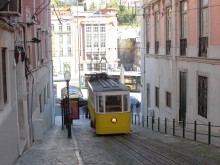
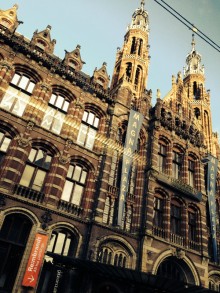
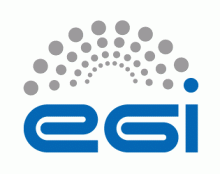

 If you have interesting news and events to point out in the field of digital cultural heritage, we are waiting for your contribution.
If you have interesting news and events to point out in the field of digital cultural heritage, we are waiting for your contribution.






